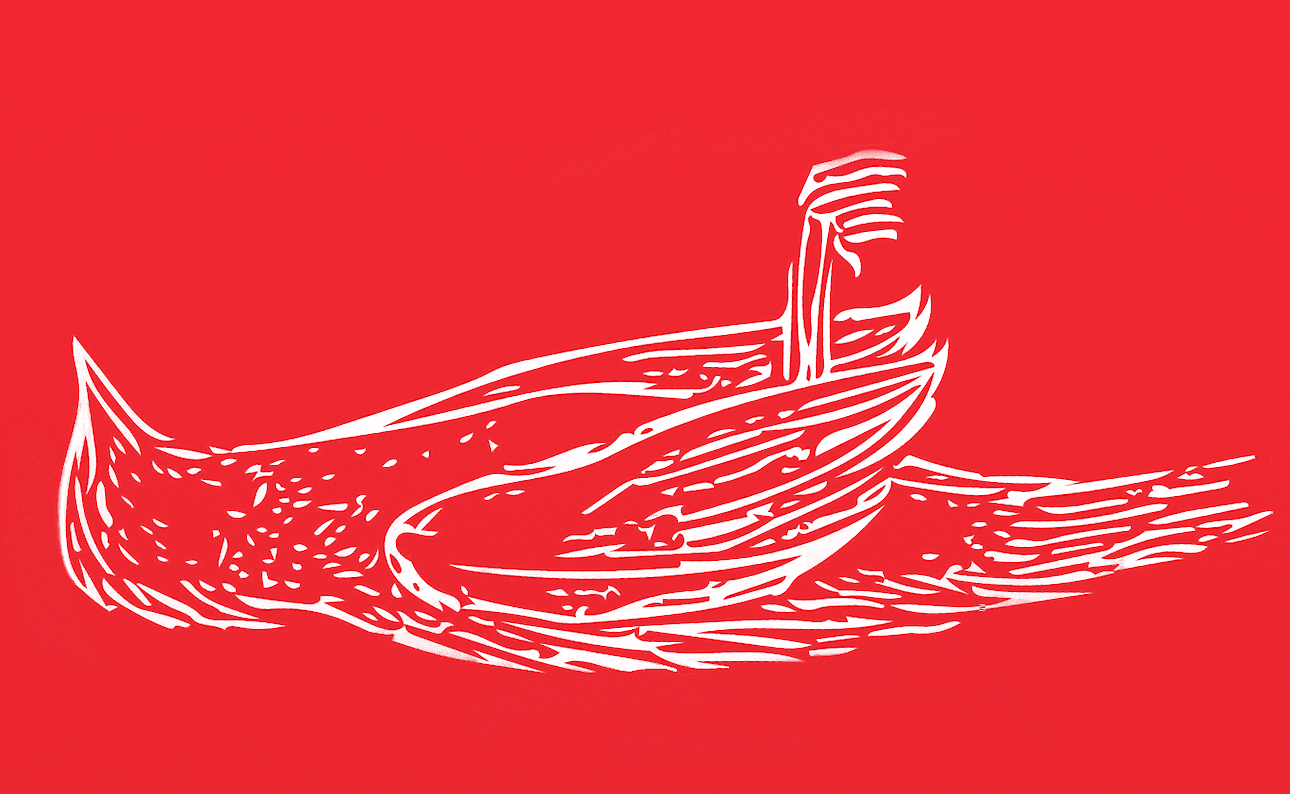Teatro da Cidade
Open Doors of Karōshi

- 29.08 2019
- Open Studio
- Artists in Residence
- Open Studio
- Espaço Alkantara
- this is a free event
In their new project, Lisbon-based theatre company Teatro da Cidade explores our relationship to work. Beginning with the concept of Karōshi, a Japanese word meaning “death from overwork”, the collective turns its attention to the limits of the human body in a society that requires quick and efficient production, even as basic compensation comes under threat. As work fills our days, the world becomes a place of work. What is left for the people of the 21st century but to give in to gravity, fall asleep on the metro or steps of the train station, ever more alienated from life, until succumbing completely?
Credits
Collective Creation Teatro da Cidade Performed by Bernardo Souto, Guilherme Gomes, João Reixa, Nídia Roque, Rita Cabaço Set design Ângela Rocha Movement Luca Aprean LightingDesign Rui Seabra Produced by Teatro da Cidade Co-produced by Teatro Nacional D. Maria II
Learn More
Teatro da Cidade was founded in 2015 by Bernardo Souto, Guilherme Gomes, João Reixa, Nídia Roque, and Rita Cabaço. Since their 2016 debut with Albert Camus’s The Just Assassins at Teatro do Bairro Alto, the have presented four original creations, at venues such as Teatro Nacional D. Maria II in Lisbon and Festival de Almada. Their work proposes a reflection on urgent social and political questions using original or existing theatre texts. Karōshi will premiere in November 2019 at Teatro Nacional D. Maria II.
Teatro da Cidade was founded in 2015 by Bernardo Souto, Guilherme Gomes, João Reixa, Nídia Roque, and Rita Cabaço. Since their 2016 debut with Albert Camus’s The Just Assassins at Teatro do Bairro Alto, the have presented four original creations, at venues such as Teatro Nacional D. Maria II in Lisbon and Festival de Almada. Their work proposes a reflection on urgent social and political questions using original or existing theatre texts. Karōshi will premiere in November 2019 at Teatro Nacional D. Maria II.